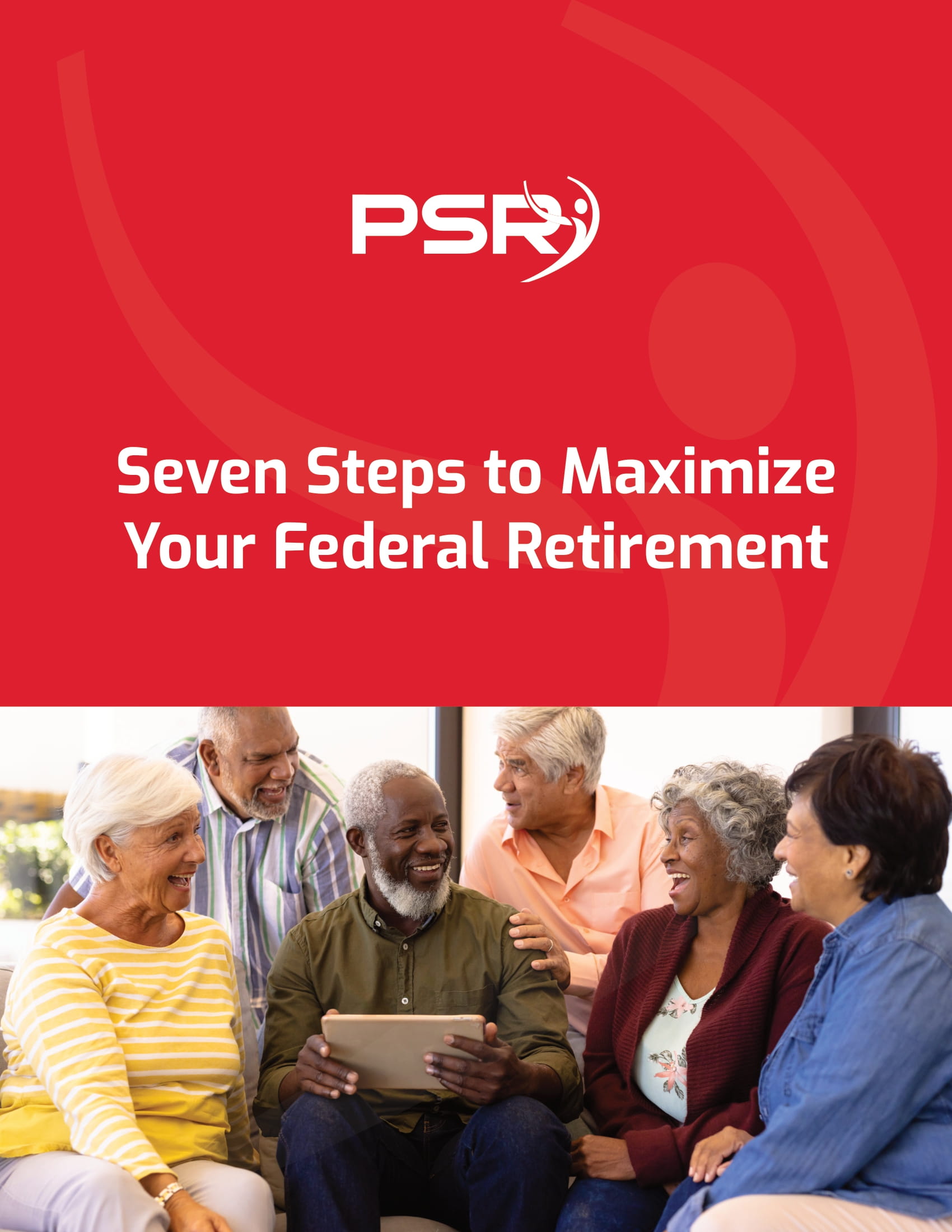Key Takeaways
-
Many retired USPS employees are surprised by new 2025 Postal Service Health Benefits (PSHB) program requirements and Medicare integration rules that differ from previous FEHB practices.
-
Understanding eligibility, enrollment rules, and financial impacts is essential to maintaining uninterrupted healthcare and managing rising out-of-pocket costs.
A Major Shift: What the New PSHB Program Means for You
- Also Read: Divorce and Your Federal Pension—What Happens When You Split Assets and How It Could Affect Your TSP
- Also Read: What Happens to Your Federal Benefits After Divorce? Here’s the Lowdown
- Also Read: The Best FEHB Plans for 2025: Which One Fits Your Lifestyle and Budget the Best?
The shift is mandatory for nearly all postal retirees. Those unfamiliar with the differences between FEHB and PSHB are finding themselves caught off guard—especially with new rules surrounding Medicare Part B enrollment and drug coverage.
Enrollment Is Automatic, But You Still Have Responsibilities
You may have been automatically enrolled in a PSHB plan if you had FEHB coverage in 2024, but that doesn’t mean you can ignore the changes. Automatic enrollment applies only if you were enrolled during the transition period and didn’t opt out during the 2024 Open Season.
However, automatic enrollment does not mean automatic compliance. You must actively ensure that you meet Medicare enrollment requirements and review your plan options during future Open Seasons.
Be Aware of These Enrollment Requirements:
-
If you are Medicare-eligible, you must enroll in Medicare Part B to remain enrolled in PSHB.
-
If you fail to enroll in Medicare Part B and are required to, you risk losing your PSHB coverage.
-
The rules do not apply to everyone equally—certain exemptions apply if you retired before January 1, 2025, or meet specific age criteria.
Medicare Part B: A Required Partner for Many Retirees
One of the biggest surprises catching postal retirees off guard in 2025 is the new Medicare Part B requirement. Unlike the FEHB system, where Medicare Part B was optional but often beneficial, PSHB makes it mandatory for many annuitants.
Who Must Enroll:
-
Retirees who are Medicare-eligible and turn 65 on or after January 1, 2025.
-
Annuitants who retired after January 1, 2025.
-
Covered family members who meet the same age and eligibility criteria.
Who Is Exempt:
-
Retirees who were already retired as of January 1, 2025.
-
Employees who were age 64 or older on January 1, 2025.
-
Those living overseas or covered by VA or Indian Health Service.
If you fall under the requirement and don’t enroll in Medicare Part B, your PSHB coverage may be terminated. This is a stark difference from how FEHB handled Medicare coordination in the past.
Prescription Drug Coverage Looks Different Now
The PSHB plans now include a Medicare Part D component known as an Employer Group Waiver Plan (EGWP). This change means that if you’re Medicare-eligible, you’ll receive your drug coverage through a PSHB-sponsored Medicare Part D plan.
This integrated drug coverage offers some new benefits:
-
A $2,000 annual cap on out-of-pocket prescription drug costs.
-
No more donut hole—cost sharing remains stable throughout the year.
-
Access to an expanded national pharmacy network.
However, opting out of the Medicare Part D EGWP drug plan means losing all PSHB drug coverage. You can’t replace it with an individual Part D plan and still stay enrolled in PSHB.
Premium Contributions and Cost-Sharing in 2025
Although you don’t have to worry about plan-specific prices in this article, it’s important to understand that your monthly premium contribution depends on your plan selection and whether you’re covering dependents.
Typical costs may include:
-
Monthly premium contributions based on Self Only, Self Plus One, or Self and Family coverage.
-
In-network deductibles ranging from $350 to $2,000 depending on plan type.
-
Coinsurance of 10% to 30% for in-network services.
-
Copayments for primary care ($20–$40), specialists ($30–$60), urgent care ($50–$75), and ER visits ($100–$150).
These figures can be offset for those enrolled in both Medicare Part B and PSHB. Some plans may waive deductibles or offer reimbursement programs for your Medicare Part B premium.
The Role of Annual Open Season: Don’t Skip It
Open Season still takes place each year from November to December. This is your chance to:
-
Review changes in your PSHB plan.
-
Switch to a different PSHB plan that better meets your needs.
-
Add or remove dependents.
Even if you’re happy with your plan this year, changes in coverage or cost could happen annually. Ignoring Open Season can lead to higher out-of-pocket costs or lost opportunities for better benefits.
What If You’re Covered Through a Family Member?
Some retirees are surprised to learn they may remain covered under a spouse or family member’s FEHB plan, even after the PSHB transition. This is only possible if the covering family member is not a Postal employee or retiree and remains eligible for FEHB.
If you’re currently a dependent under an FEHB enrollee who doesn’t work for the Postal Service, your coverage may continue without issue. However, any change in that FEHB enrollee’s status (such as retirement or employment separation) could impact your eligibility.
Keep These Time-Sensitive Deadlines in Mind
Several 2025 deadlines are important:
-
April 1 to September 30, 2024: Special Enrollment Period for Medicare Part B ended.
-
November to December 2024: PSHB Open Season enrollment window took place.
-
January 1, 2025: PSHB officially replaced FEHB for Postal retirees.
Going forward, Medicare-eligible retirees who haven’t enrolled in Part B must do so at their next opportunity to keep PSHB coverage.
Don’t Let Misconceptions About Eligibility Affect Your Coverage
Retirees sometimes assume they’re exempt from changes due to age or retirement status. While some exemptions do exist, many are finding that assumptions made under FEHB no longer hold true under PSHB.
Misunderstanding eligibility requirements, especially for Medicare Part B and drug coverage, can result in lapses or termination of your health benefits. If you’re unsure where you stand, it’s wise to speak to a licensed agent.
Why This Matters for Your Retirement Budget
Healthcare expenses often take up a large portion of a retiree’s monthly income. Failing to comply with new requirements or review your plan annually can lead to:
-
Loss of coverage.
-
Higher out-of-pocket expenses.
-
Reduced access to care.
By staying informed and proactive, you protect your health and financial well-being throughout retirement.
Make Sure You’re Not Left Behind
These changes are not temporary—they’re permanent updates to how Postal retirees access health coverage. Whether you’re already retired or approaching retirement soon, it’s critical to understand how PSHB differs from FEHB, what Medicare requirements apply to you, and what actions you need to take.
Reach out to a licensed agent listed on this website if you want help understanding your benefits or making a confident choice.











